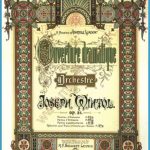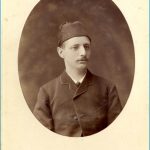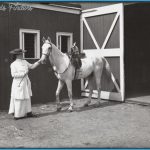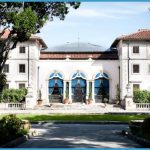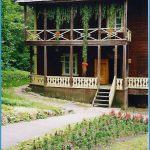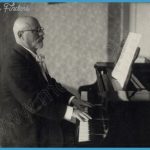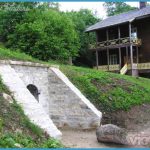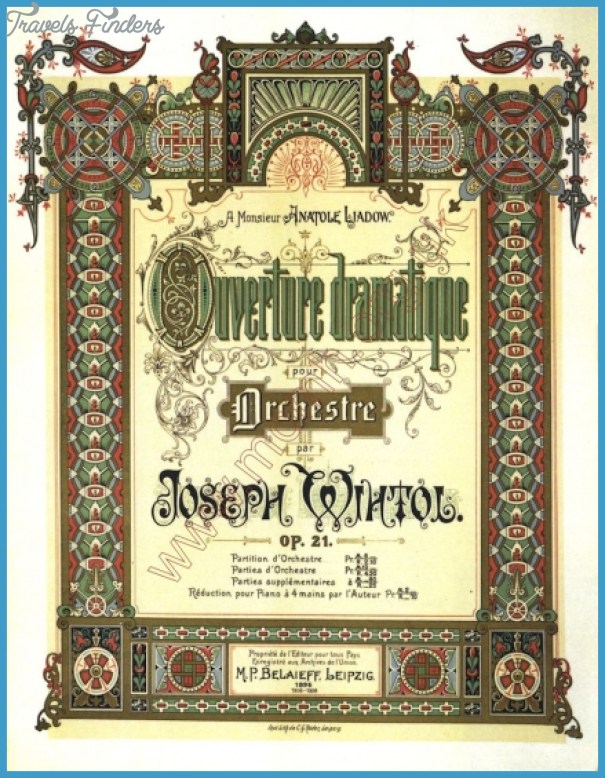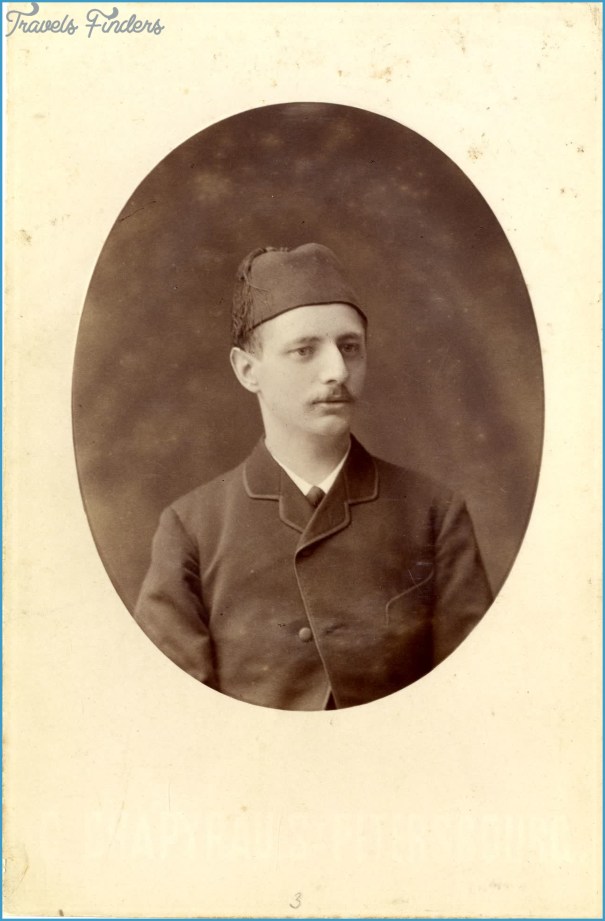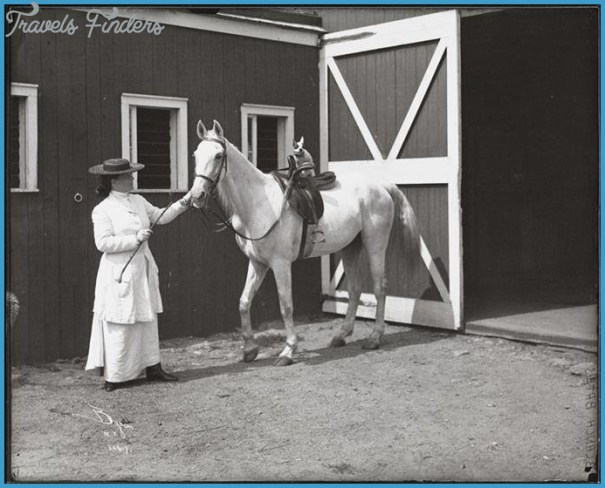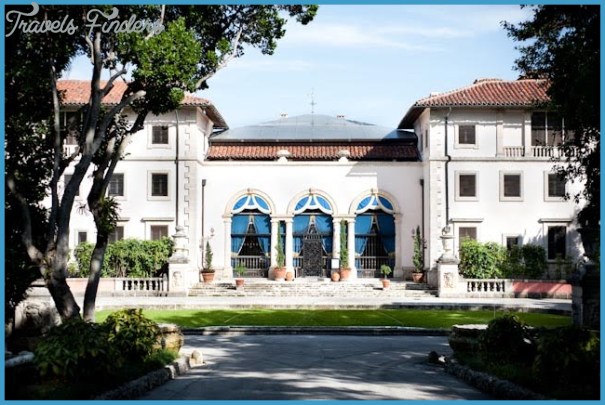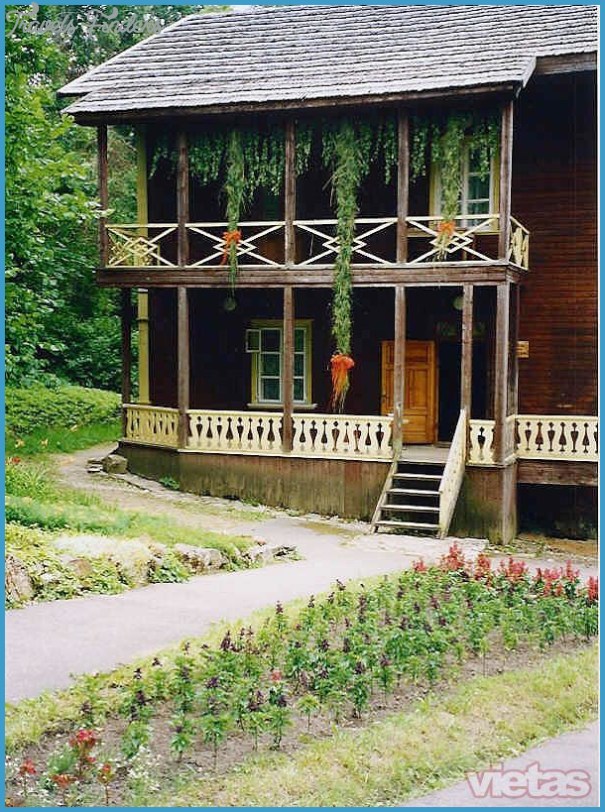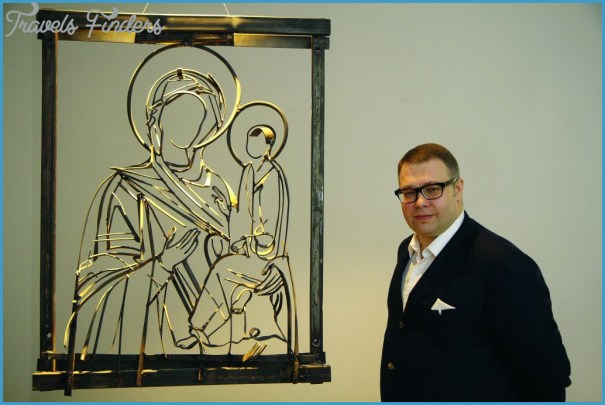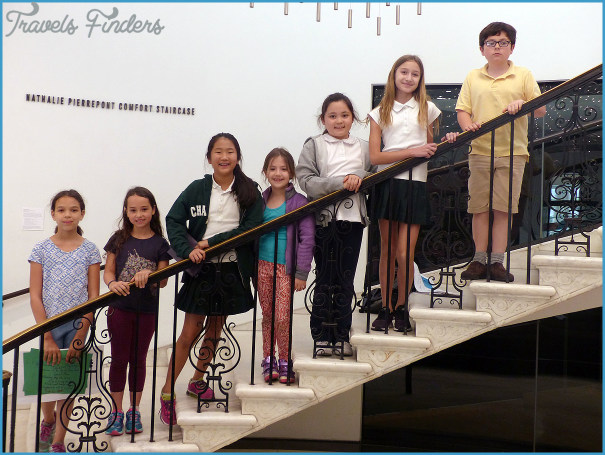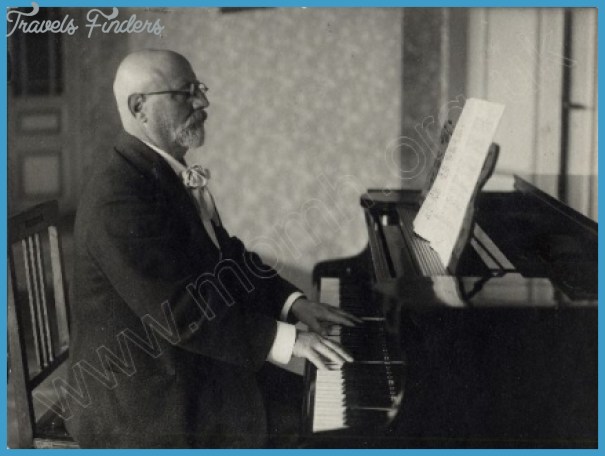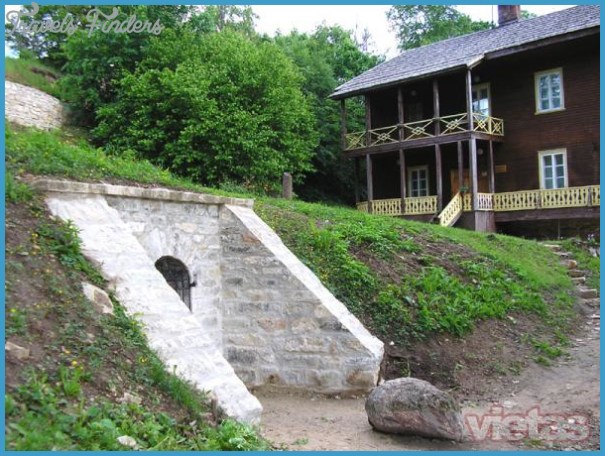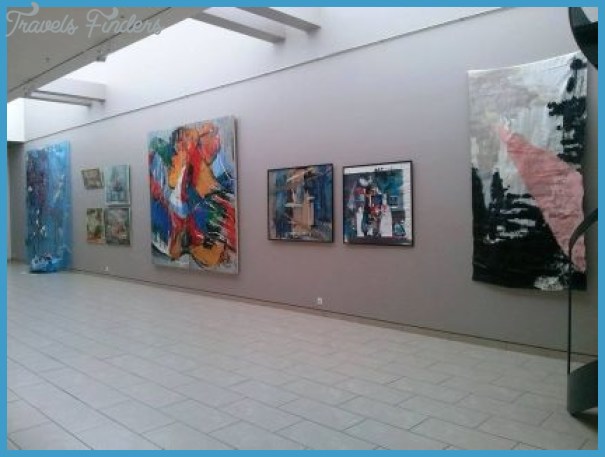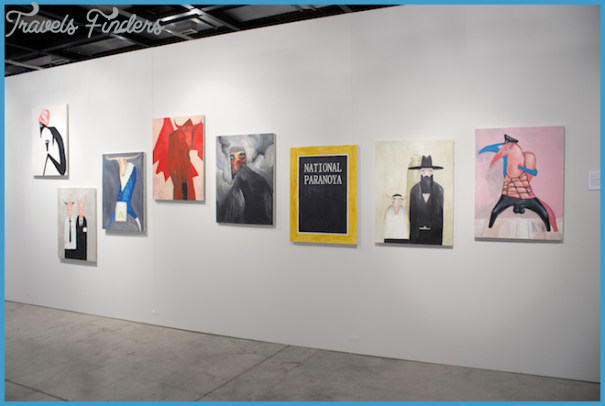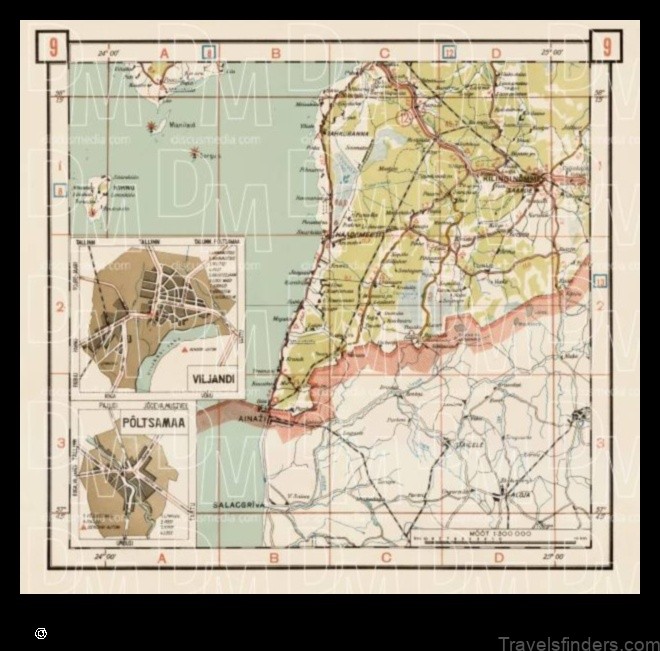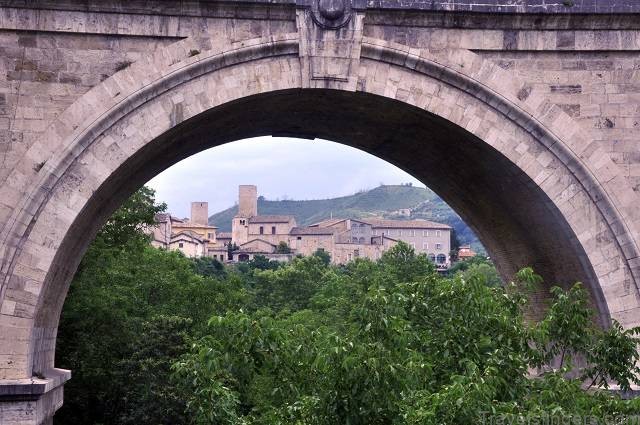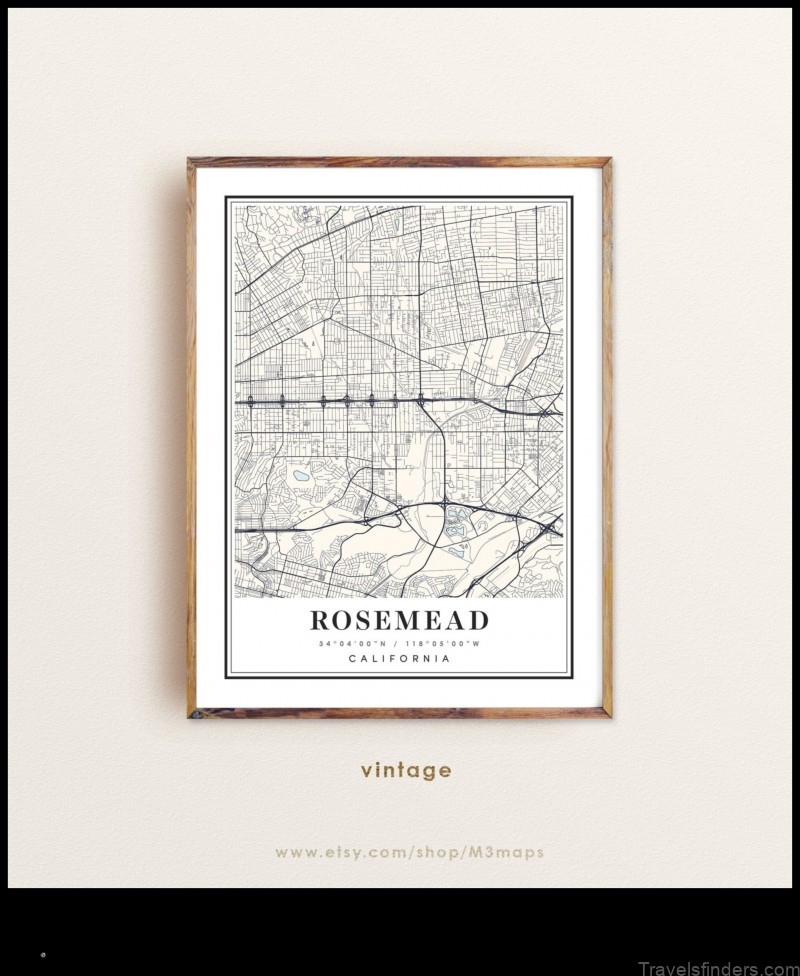VITOLS MUSEUM
Just as Liszt was accorded a grace and favour home in the Budapest Music Academy for his contribution to Hungarian music, so was Jazeps Vltols, for his to Latvian music – but he was offered an entire estate. It was in the village of Gaujlena, in north-eastern Latvia, some 160 km from Riga. Vltols thought the estate, which had belonged to the beer baron Von Wulf, rather too grand, but he accepted accommodation in what had been the brewer’s house, along with the land surrounding it, which included a pond and a kitchen garden. He and his wife spent the summers and Christmas holidays there from 1922 until 1944, often with family, friends and students. Vltols liked to work on the balcony above the front door, where he could survey the pond and the park and (no doubt) welcome visitors.
The brewer’s house, where Vitols lived, at Gauj-ena The Gauja Manor, set in parkland, now houses the local secondary school. To find the brewer’s house, which is open to the public as a memorial to Vitols, it is best to enquire at the school (no-one at the post office, curiously, seemed to know where it might be) – providing of course that it is term-time. It is on the southern side of the village, just beyond the church.
VITOLS MUSEUM Photo Gallery
Vitols is generally regarded as the father of Latvian music; but for years he could scarcely be mentioned in Latvia, much less commemorated. In 1944, elderly and ill, he had fled the Soviet army, to take into exile the children of some of his relatives who had been sent to Siberia. He died in Lubeck on 24 April 1948. The school authorities decided, nevertheless, to mark the centenary of his birth (26 July 1863) by making the brewer’s house into a museum: they began collecting Vitoliana and the opening was celebrated with two days of concerts and visits from former pupils. As well as the house, visitors can see a derelict bathhouse that V-itols had built on the water’s edge and, on the hill above, a garden house built as a present for him by his wife. In 1988 the brewer’s house, of wood, burnt to the ground; but the exhibits were saved.
The house was immediately rebuilt and the reconstruction was opened in time for the celebrations of V-itols’s 125th anniversary. An outdoor amphitheatre was then inaugurated with a day-long song festival, which is now an annual event. The exhibition chronicles V-itols’s life – his studies with Rimsky-Korsakov in St Petersburg, where he too became a professor of composition at the conservatory (his pupils included the young Prokofiev and Myaskovsky); his stint as a music critic of the St Petersburger Zeitung, his return to Riga on Latvian independence in 1918 as first director of the Latvian Opera; his role as founder of the Latvian Conservatory (now Academy of Music); his influence through his many Latvian pupils; and his music, which included the first Latvian symphony, many chamber works and most importantly choral music (his Castle ofLight is traditionally sung at the annual Riga Song Festival). A few of his possessions survive, among which his identity and calling cards, honours and awards, binoculars and playing cards are on display. The information panels are assemblages of facsimile photographs and documents.
Though not strictly open to the public, Vitols’s study may be visited at the Latvian Academy of Music in Riga; it is preserved much as he left it in 1944, with his desk, his library, his notebooks, his folksong transcriptions, photographs and personal items such as his walking-stick and his clock (a gift from his students). The adjacent room is still used for composition seminars.

